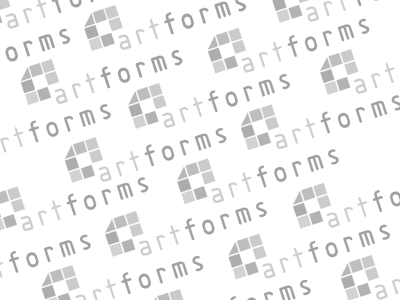Many music teachers will have been told this. A pupil turns up at the instrumental lesson, or the band practice, or the school choir, with a great excuse for not having practised, or to miss the session that has been so carefully planned. How can the child take part if, indeed, she has forgotten her music?
But what, exactly, has this pupil forgotten? Her musical and cultural knowledge, built up since birth through nursery rhymes and songs, music on the radio and TV, songs sung in school and in the home (and perhaps place of worship), chants joined in with at the football? Or maybe she has forgotten her technical skills, and can no longer remember how to sound a note on her trumpet, how to hold her violin bow, or how to strum an A minor chord on her ukulele? Or has she forgotten how to respond physically to rhythm, or emotionally to melody, or to appreciate the beauty and joy of harmony?
Or has she forgotten a piece of paper with some lines and dots on?
Many years ago, I tried to persuade my father that, despite never having participated in music as a performer, he should take up music as a new hobby. He’d long loved listening music – mostly light classics – and was hugely supportive of my musical learning as I was growing up. ‘I couldn’t do any music. I don’t understand music: I can’t even read music’ was his response.
How many people make music? Million. Probably billions. A recent report suggests that the majority of young people in England are active music makers, and that more young people are making music than in the past.[1] Does this depend on knowing that Every Good Boy Deserves Favour? Given the diversity of musical genres, and the growth of many and varied ways of accessing music, it doesn’t seem so.
Ofsted asks that we music educators should:
‘promote teachers’ use of musical sound as the dominant language of musical teaching’
and observes that:
‘Too much music teaching continued to be dominated by the spoken or written word, rather than by musical sounds.’[2]
Is musical notation covered by this? Are we, as adults and music educators, thinking about what music really is? Are perpetuating a model of notation-led learning for good reasons (if that is, in fact, what we are doing)?
Music is an aural medium. It is about sound. It is made of sound. Notation is extremely useful, as it reminds us what sounds to make. It can enable us to imagine sounds in our heads, and to give instructions to other musicians to make certain sounds in certain ways. It is a very useful part of any musician’s resource pack, and I would always make music notation part of a child’s learning. But notation is not music. Music is something else. Music enables a meeting of minds that profoundly transcends the limitations of language. If we could describe in words what music says to us, then we wouldn’t need the music. But we do. Profoundly.
As music educators, we need to hang on this knowledge to inform our teaching. We are teachers of music. We may also teach about music, but this is not the same thing.
The German poet Heinrich Heine wrote:
“Where words leave off, music begins.”
My German is poor, so I have to use this translation. But I don’t need to translate German music, or my own music into German when making music to a German audience, or with German musicians.
[1] The Sound of the Next generation; Youth Music
[2] Music in schools: wider still, and wider


